I received a lot of feedback on my last piece (thank you all! ❤), including questions about this quote from Ben Horowitz’s recent interview: “If, on the other hand, you have a scarcity mindset, it's really hard to be happy no matter what you get or how rich you are or how good looking you are, because there's always somebody richer or better looking or whatever.”
Several people asked: well, how does one cultivate an abundance mindset?
I recommend the entire interview, but definitely that section:
“An easy way to think of abundance is that it's the anti-hater/anti-jealous mindset. If you believe there is plenty in the world for everyone and you are always happy to see people who contribute succeed, then you become part of "team contribution." You don't worry that someone is getting ahead of you at work or that someone made a lot of money or that someone is better looking than you, because you believe in abundance over scarcity and you can focus on maximizing your contribution.”
“You see it in business all the time. You see somebody stealing credit for someone else's work or being deeply jealous about someone else's promotion — these people are almost never happy. You even see it in the music industry or in sports. The quest to be the best turns into you not wanting anyone else to be the best. In these cases, even if you reach the pinnacle, there is no joy.”
Let me be the first to admit: I struggle with this all the time. I spent a lot of time in the scarcity mindset. I still often fall back into it, unfortunately.
It would be great if we could just decide to believe in abundance, to just focus on “maximizing our contribution.” But I think there are forces that push us into scarcity thinking, both internal and external. Internally, there are fear and jealousy. Externally, I believe our ecosystem affects how we see the world. The people we deal with, the incentives we have to navigate, and the resources (job opportunities, capital, alpha, …) in our environment can shape our thinking. All of these factors can conspire to pull us back into scarcity thinking.
While I’m not qualified to teach about how to achieve the abundance mindset, I will share a few tools that help me get keep the scarcity mentality at bay. I wonder if it is like enlightenment anyway: the harder you try, the further your ego will take you away from it (or so I heard). You need to let go, not tighten your grip. My hope is this: If we remove the scarcity, abundance will remain.
For me, social media can be a major trigger. It’s easy to avoid the lifestyle and success pornography of Instagram and Tiktok (by keeping the apps off my phone most of the time). But Twitter is pretty much wired directly into my brain and can throw me off track. Let me give you two examples.
There were instances when I unfollowed people I liked and respected, simply because I couldn’t handle their success. Eventually, sheepishly, I followed them again, hoping they wouldn’t notice. I’m not proud of those weak moments. I treated the ‘game of Twitter’ as a zero-sum struggle for social proof. Yikes.
Another example, one that I am happier to share. Recently, a writer reached out and asked if I had information about a famous investor. I did. I had previously dug up a bunch of articles about that person with the intent of writing a profile. Immediately, my scarcity mindset kicked in. I still wanted to write that profile. I wanted the credit.
I waited a few hours with my response. I journaled and wrote down my motivations and emotions. I noticed how a deep-seated insecurity about my own place in the world triggered fear. What if this writer did a good job – perhaps an even better job than I could? Would the world still need me? Fear told me: “by helping them, you’re hurting yourself. They will outcompete and bury you!”
What horseshit. But this was a very real thought I had. I am happy to say that I followed the path of abundance and shared loads of materials. In return I got a thank you and felt happy for helping.
But here’s the thing: that writer did do a really good job. Would it be a good idea for me to write about that same topic now, right afterwards? Probably not. There is a shade of opportunity cost. And coupled with my insecurity, I’m sure it will rear its head again in the form of fear and scarcity thinking.
Take my advice with a grain of salt.
What works for me may not be suitable for you. These are just some tools I picked up along the way. I look forward to hearing about your experiences or favorite readings in the comments. Remember Bruce Lee: “Absorb what is useful, discard what is useless and add what is specifically your own.”
These are the steps I thought about:
Become aware.
Change your state.
Accept yourself. Be kind to yourself.
Examine your surroundings.
Awareness.
One of the biggest challenges, for me anyway, is to even be aware of what is going on with me. I have a tendency (or habit) to suppress my emotions. Something or someone will trigger a feeling – say anger or jealousy or sadness – and I will unconsciously and immediately bottle up that emotion and let it simmer in the background. I will be aware that my mood is affected, that I am tense. But I often have trouble figuring out what is going on, what exactly put me out of balance. And I can’t change what I’m not aware of.
I loved the analogy that Graham Duncan shared in his recent piece on understanding people:
“Haidt advises imagining your conscious mind as the rider and your unconscious drives as the elephant—powerful and willful and ultimately inclined to take the rider where the elephant wants to go most of the time. The key insight is that the rider is not always a reliable witness about the elephant they ride.”
The first step is to remind yourself that there is an elephant.
I practice Julia Cameron’s Morning Pages. Three handwritten pages about whatever is on my mind, first thing in the morning. It’s a creativity exercise that helps me declutter my mental RAM. It mercilessly highlights my habit to procrastinate by surfacing whatever issues and decisions I keep pushing off.
I also journal in the evening. (Something to try: the “Rose” method. Write about a rose (a win, something good that happened), a thorn (something bad, annoying, challenging that happened), and a bud (a new idea or person, something you want to try).
Breaking Loops.
How do I find myself in scarcity mode? Perhaps I feel jealous, stressed, or frustrated. Maybe I’m worried about the future or anxious about money. I might feel insecure, inadequate, or lonely. Basically: I am not in a positive emotional state. I don’t feel good about myself or the world and am not open to advice.
The first step then is to change my immediate emotional state. Once I feel safe, calm, and relaxed I can pay attention to my mindset. Check out this excellent tweet by Dan McMurtrie:
“Process disruption can extend beyond the walls of the office, spilling into personal lives. This 'doom loop' must be avoided at all costs … Anything to detach yourself from a negative loop and kickstart a positive one.”
I know that feeling of being stuck in a negative loop. To break out, I divert my attention and I get physical.
Break the spell: get up, move, walk. Get some exercise. Change your surroundings, get some sunlight.
"It's not that working out is good for you, not working out is a depressant." (A friend’s fitness coach)
Change the soundtrack. Make yourself a change-of-state playlist. Or listen to something inspirational. I used to have a selection of MP3s on my phone. These were brief speeches I pulled from Youtube. It was like having a teacher or friend available any time of day or night to share some inspiring or soothing words. Some people like the tough love of Jocko or David Goggins. I love Chadwick Boseman’s story. Or how about Arnold Schwarzenbegger on wörking hard. Anything to get out of your own head and change the state.
Gratitude flow. This is a simple but effective exercise. Say out loud: “Ten things I’m grateful for, go!” And then start listing whatever comes to mind. Don’t be afraid to list the basics, the simple stuff. I often start with things like health, the weather. I just woke up and the air is fresh. I’m not sick or in pain. I used to have very bad eyesight which I got it lasered. It’s a minor miracle every morning. Then I transition to gratitude for my family, their health. You’ll find plenty once you get into the flow. From this book: The Tools by Phil Stutz.
Take this to the next level by thanking others. Text them. Call them. Visit them. Be specific: what did they do that had a lasting impact, that you remember to this day. As Patrick O’Shaughnessy would say: “what’s the kindest thing anyone has ever done for you?” Whatever it is, go and thank those people.
“Gratitude is the wine for the soul. Go on. Get drunk.” Rumi
Meditation/mindfulness. I still experiment with everything from silent to guided meditation. I find it all very helpful, even in small doses.
Acceptance and kindness.
How can we truly embrace and celebrate the success of others if we are not at peace with ourselves? If we are unkind to ourselves? Unfortunately, I find this to be easier said than done.
Being fiercely critical of myself is another one of my hang-ups. It is easy to see how beating yourself up makes it harder to believe in abundance. Or be happy in general. Something that helped me a lot here is ‘parts work,’ specifically the Internal Family Systems framework. I’ll let Tim Ferriss describe it:
“IFS looks at the mind, and I’m simplifying here, as a set of discrete sub-personalities. So you can, in the course of this type of talk therapy, have a conversation with anger, like the part of you that is deeply angry. You can have a conversation amongst these different parts, the part of you that is ashamed, the part of you that is resentful, the part of you that is sad. And you can recognize and fully feel these emotions in a way that was not accessible to me otherwise.”
This is a powerful framework. It allowed me to separate my “self” from the different parts, especially the critical and fearful ones. It is a way to reframe a situation and change the language. Instead of wondering why “I” am so critical of myself, I can address the “critical part” directly. I can try to find out what a part is trying to communicate or what they might need. An inner child might feel scared and lonely and need comfort and protection. My inner critic might be worried about money. It could try to ‘whip me into shape’ and get me to work harder through criticism. Remember when I said that I tend to suppress my emotions? I can now reframe this to see if there is a part of me that does this in a (misguided) effort to help or protect me from an emotional outburst.
I’m not a medical professional and not advocating this method for you. It’s just something that helped me personally. But I am a big advocate of finding professional help and therapy if you are struggling with behaviors with which you seem to sabotage yourself.
This is water: an honest look at your environment.
A lot has been said about game selection and the importance of understanding the level of competition (the loser’s game, paradox of skill, Buffett’s ‘one foot bars to step over’ and such). There are other factors to consider when selecting a game. What kind of people enter to play? What are the incentives? Can people come back from failure? Are resources expanding or contracting? What is the culture of this ecosystem?
In his last shareholder letter Jeff Bezos wrote that “the universe wants you to be typical” and described the effort required to “maintain your distinctiveness.” He quoted Richard Dawkins: “the body tends to revert to a state of equilibrium with its environment. … if living things didn’t work actively to prevent it, they would eventually merge into their surroundings, and cease to exist as autonomous beings.” In that same way, the forces within the ecosystem shape the players unless they “actively work to prevent it.”
I like the tribal leadership framework. Where does your professional community fit?
Who rises to the top? Communities filled with exuberance and optimism, flush with cash and confident from recent success. VC, tech, crypto, R/Wallstreetbets come to mind. That doesn’t mean they stay there. After enough money-losing yolo trades, R/WSB could revert back to a lower stage tribe.
What kind of jungle do you operate in? Is it unexplored territory, rich in food, resources, and places to make a home of? Or does death lurk behind every tree? Do you have to fight other tribes for a safe place to spend the night?
If you’re on a career track, you probably don’t have many other environments to compare yours too, turning this into a “this is water” problem. What kind of community are you in? Are people happy to share their ideas? Do they like making referrals or do they ‘hoard’ contacts, anticipating the next round of job cuts? What is their response when you pitch a new project? Do they believe the pie is expanding – like in crypto or tech – or does their success depend on a knife fight over a limited number of slices like in distressed debt?
Public vs. private markets is an obvious environmental contrast (h/t Gavin Baker):
It makes a big difference whether your game is growing or contracting. Is everyone discovering a lush continent together or do you fight over the last well with clean water?
We know that low fee products have been eating active managers’ lunch.
Decades ago, equity mutual funds were a growth industry, turning retail stock portfolios into fee streams.
Newspaper ad for the Dreyfus Mutual Fund from 1964. Jack Dreyfus was a pioneer in directly advertising his fund on television and taking his management company public.
Hedge funds were another growth industry. Prior to the financial crisis, this was the rarified air of exclusive access and limited capacity. For higher fees and carry, the best investment athletes would outsmart the competition on your behalf. After the crisis, Madoff, a long bull market, and with tons of competition, that environment has changed.
Where early entrants could drive a stake into the ground and watch the oil gush out, today’s newcomers have to bring elaborate seismographic equipment and enough capital to survive long dry spells. Much fertile soil has been degraded and rich veins exhausted.
The genius of private equity was not the use of leverage and tax shields, but the idea that private companies could be packaged as assets which needed to be managed for a (steep) fee. It was an expansion of the asset management TAM by turning more of the economic pie into product.
Many of the early private equity settlers are now billionaires. They pioneered growth of the asset management pie and have been adept at finding new frontiers for their alternative asset management empires. But of course, they too face the resource constraints of their ecosystem. (Michael Mauboussin wrote this excellent study on the evolution of private markets.)
Don’t think people make a difference?
Consider two legendary investors: Carl Icahn and Julian Robertson. Robertson, after shutting down his fund at the top of the dotcom bubble, provided his team, the future Tiger Cubs, with capital, mentoring, and a support network. He believed in an ecosystem rich with opportunity and reinvested his capital into his tribe.
Compare that to Carl Icahn who never shied away from a fight with management teams and other investors. Who quipped “in the takeover business, if you want a friend, you buy a dog.” Who might operate wit the mindset of someone caught in a zero-sum knife fight. Consider what happened to this analyst Al Kingsley: “No one has been nurtured by Carl. Guys who worked around Bass, Milken, Perelman, all got rich in their own right. Not with Carl. If Kingsley made any money, it’s because he knew how to make investments. Carl doesn’t share his success with anyone.”
Choose your game, choose your mindset.
Paul Enright outlined his helpful framework of mindset and game selection on a recent podcast appearance:
“There are certain games and certain activities, certain careers, certain moments that are zero-sum and they have to be zero-sum. Only so many kids can get into the college they want. Somebody's got to win the NBA championship.
But there are certain things that could be more win-win and don't have to be zero-sum, but they're framed as zero-sum. I just decided that I had spent so much of my career playing a zero-sum game. It's a bit of exhausting. It became a bit of a governing philosophy.
As I thought about what was going to be the next stage of my life … I just decided that entering in another series of zero-sum games, even if I was the leader, if it was my fund, was not what I wanted to do. Because I do believe strongly to win in long-short investing, you have to treat it like that.
I just decided that I want to live more in the quadrant where everything is about growing and every situation is not meant to be at someone else's expense. I'm trying to develop relationships that will last a long period of time. I just want to be playing a long game and be playing this more infinite game of investing and learning than a series of finite games. And that's become the melding of the governing of the two together.”
We must carefully select our game and consider what kind of environment we are entering. Even in a zero-sum game, we can still resist the “pull to be typical.” We can make an effort to be aware of our mindset and our emotional state. We can observe ourselves in situations of scarcity and let that competitive edge remain in the arena. We can fight like hell to not let it infect our entire lives and prevent us from treating others – and ourselves – with kindness. There is always an infinite game to be played. It’s a worthy effort to seek that game and help others find theirs. Your tribe will thank you for it.
If you enjoy my work, please consider sharing it with your friends. It would mean the world to me.




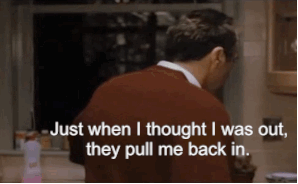
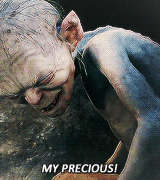

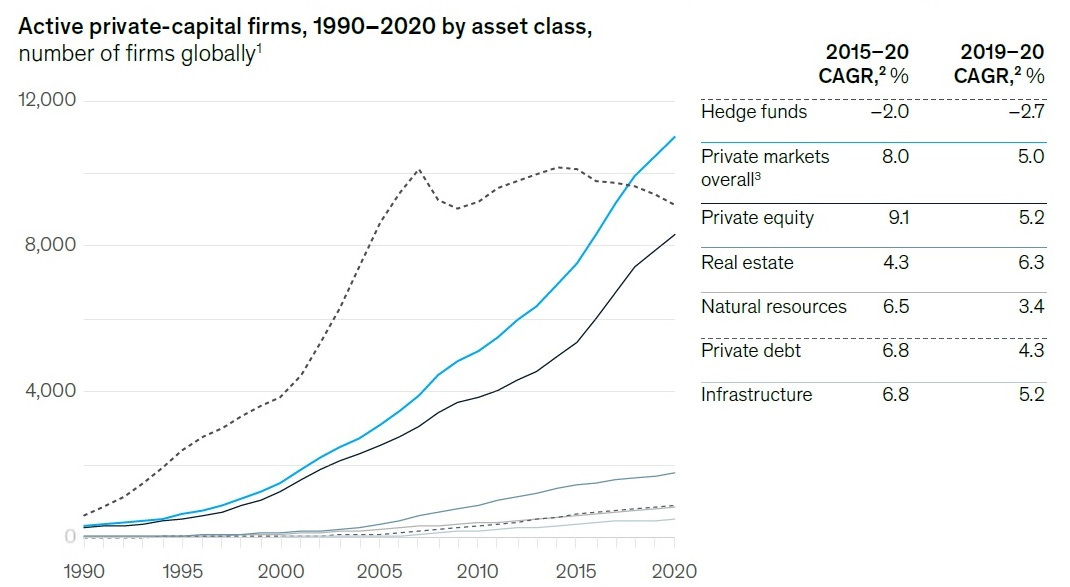
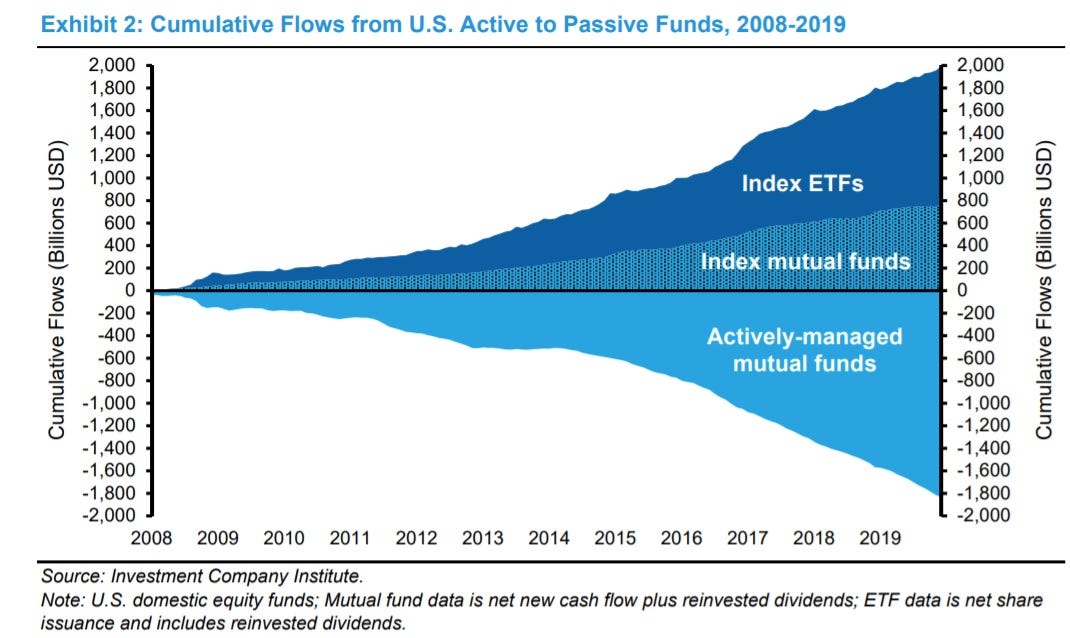
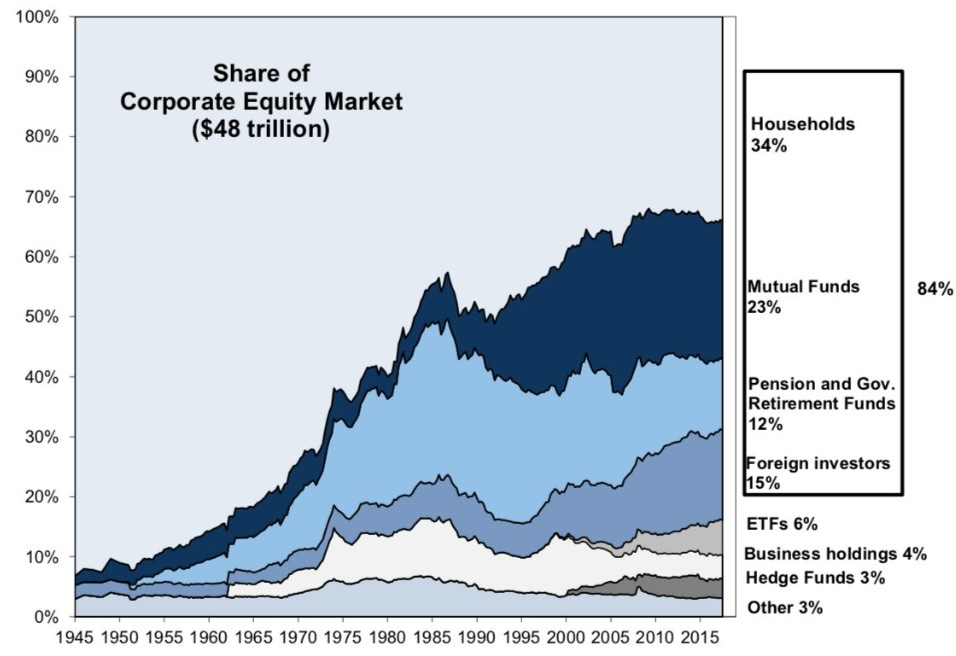


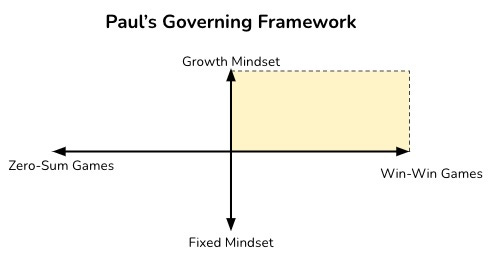
Great post!
Awareness is what Yoga teaches. Be aware of all your actions including thinking. Hard but with practice you can see its so good. Also Swami SIvananda's serve, love, give, purify, meditate, realize principal is very helpful. When you do anything selflessly its so uplifting.